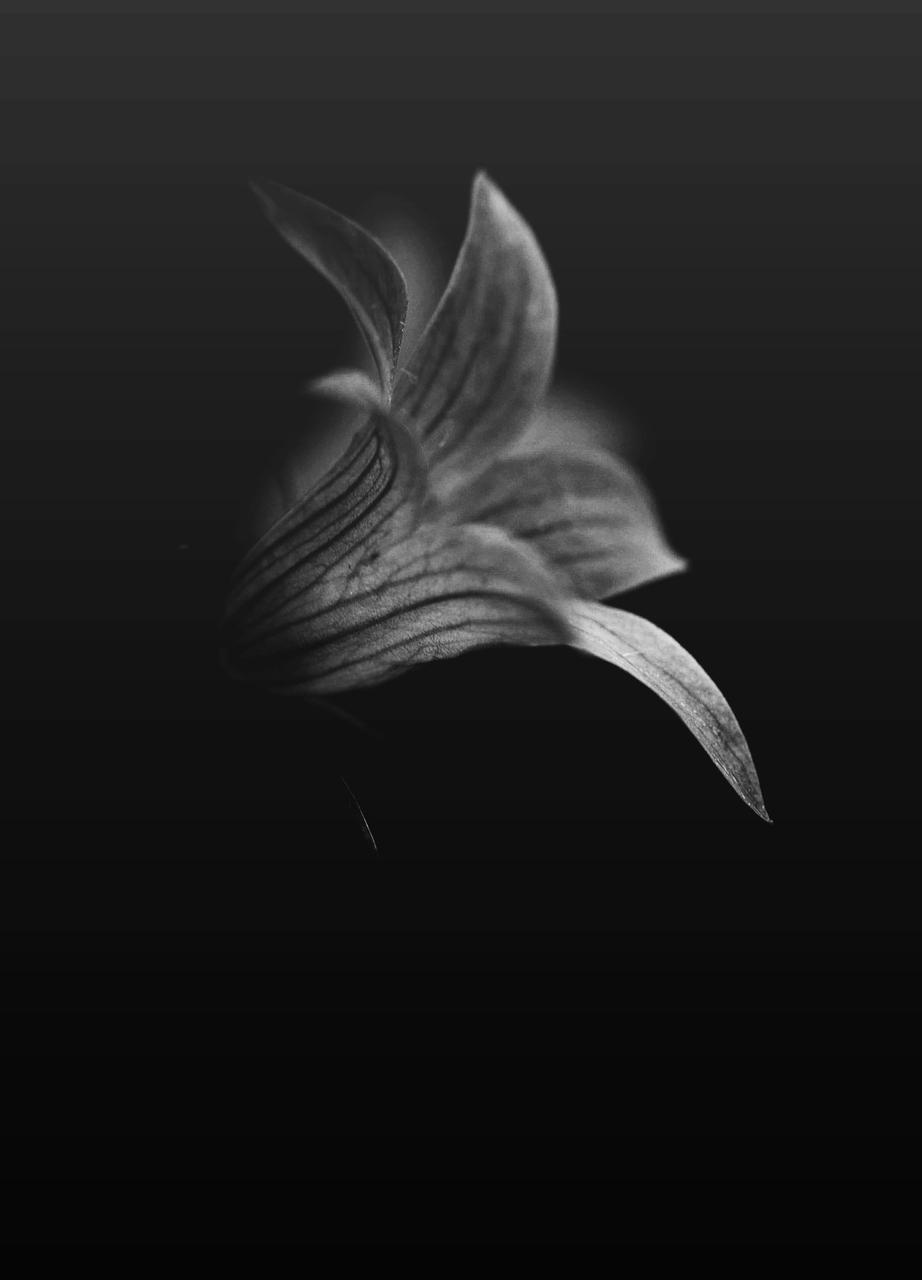Whither poetry?
I have a soft spot for poetry.
That is what poems are for - sentimental musings and meditative cogitation. These are perennial features of humanity, and well worth the time.
As we find ourselves in interesting times, the gap between reality and the narrative of progress is growing, and applied human intelligence (aka “technology”) is “disrupting” (aka changing without full context) many things. Where does this leave the poet?

Most considerations of modern affairs involve some form of economics. Poetry, largely, doesn’t.
What’s more, poetry is just a sequence of tokens, in surprising-yet-retrospectively-intuitive patterns. These patterns can be probabilistically modeled and effectively mimicked. Sound familiar?
People were “disrupting” poetry long before modern LLMs - a literary magazine was tricked into dedicating an entire issue to the nonexistent “Spectric School of Poetry” in 1917. When the experience is subjective and the construction adequately erudite, distinguishing “the real thing” from literal word salad becomes impossible. (And no, science isn’t immune.)
LLMs essentially lower the bar for on-demand text generation. What’s more, LLMs are arguably truly good at poetry, for at least some definitions of “good” and “poetry.” A recent study found that laypeople both could not identify AI-generated poetry, and preferred it.
So we return to our question of where this leaves the poet - a human, who wishes to order words not via massive matrices and linear algebra, but their own neurons and synapses. Does human poetry have intrinsic value, despite its likely irrelevance to an external audience?
Michele Elam argues that “poetry will not optimize” - that algorithms failed to understand and thus meaningfully create poetry akin to Maya Angelou’s Still I Rise. This argument is both correct and, capitalistically, irrelevant - “Still I Rise” is a singular poem, and if in the general case most people cannot distinguish and even prefer algorithmic output, then history shows that is what they will have.
This may seem low-stakes, but ultimately all creative writing is at stake here, and likely all artistic output regardless of medium. The primary difference of poetry is it is entirely linguistic, and generally short (certainly relative to LLM context windows) - but technological scale will doubtlessly claim more victims.
It is easy to reject this as “capitalism bad” - and certainly, capitalism has shortcomings. But it also has enabled social mobility, and simply is the system we have. Any significant change would take time, or violence, and I’d prefer the former. And even in another system, what is being reflected here isn’t simply money but society - the perspectives of other people (who didn’t make the poem/book/art/song), who would traditionally be the “audience” but who now, overall, prefer other things.
So, what is the value of artistic output? If I had an easy answer I’d not have written this post. But regardless of value, I know these things are necessary. In the film The Red Shoes, a dancer is asked why she wants to dance. She replies “Why do you want to live?” - to which the asker says “I don’t know exactly why, but I must.”
Her rejoinder - “That’s my answer too.”
Comments